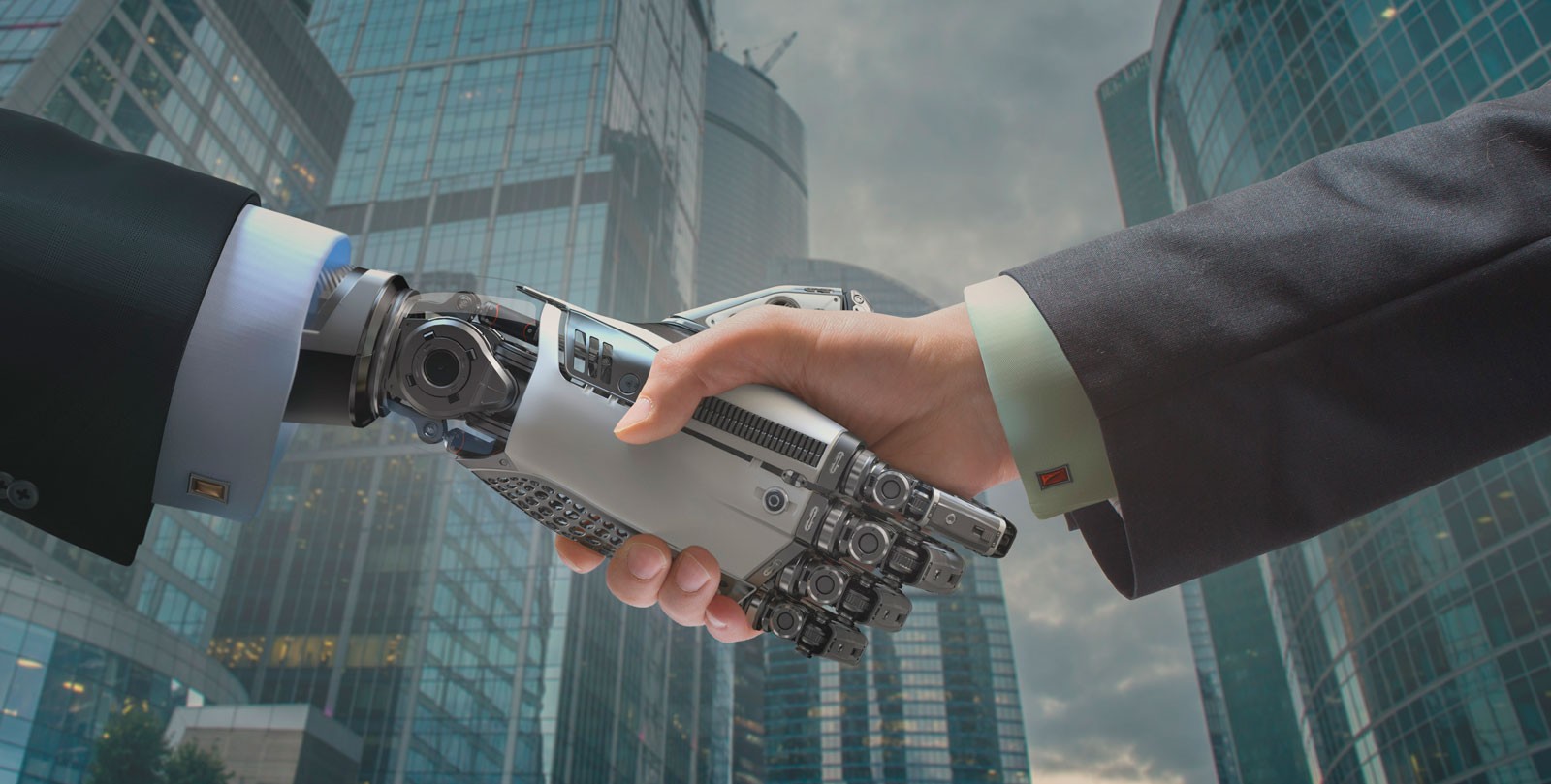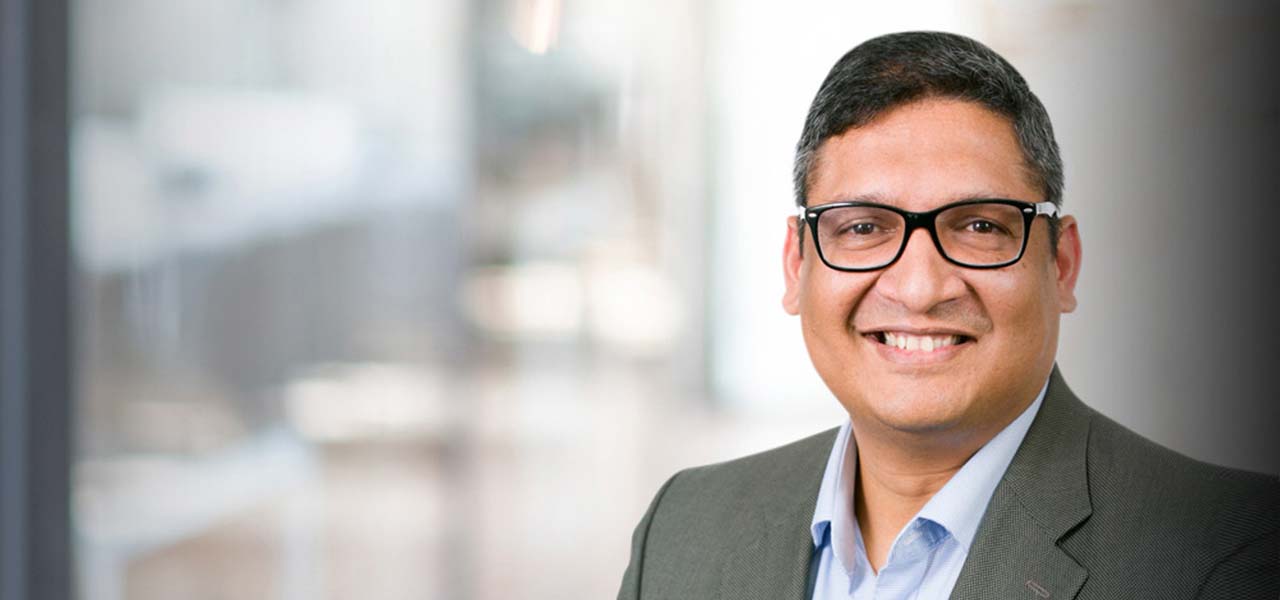In today’s environment where business drivers and economic conditions can change rapidly in a very short time, is there anything that post-graduate programmes can do better to ensure relevance for the real world? Or is the world just moving at a pace where the skills that are picked up in school become obsolete the moment the student enters the workforce?
In an age where trends shift at a much-accelerated pace and historical financial data are no longer sufficiently reliable for business forecasts, some might start thinking about the role of accountants, and by extension – the traditional accountancy qualifications, and the relevancy of it today.
Here’s how the Singapore Management University’s (SMU) School of Accountancy trains a new generation of accounting professionals, with skill sets that will future-proof their careers for the new economy.
Advanced Skills to Stay on Top of Disruption
One of the ways in which SMU’s School of Accountancy (SOA) uses to ensure the continued relevance of their master’s accounting programmes is by focusing on imparting future-ready skillsets.
Through cutting-edge yet industry-relevant subjects such as “Blockchain and the New Economies”, “Forecasting and Forensic Analytics” and “Data Modelling and Visualization (DMV)”, students learn how to use advanced technologies to overcome disruptive work challenges, and become disruptors themselves. One such technology, for example, that students are being exposed to is Automated Machine Learning (AML), which manages the risk of a single financial prediction model quickly becoming obsolete by automating continuous refinement of the model to ensure relevance with changing trends. But, it’s not just hard technical skills that SOA is imparting to their accounting masters’ students. Recognising the changing role of accountants from back-room analysts or report generators to trusted business advisors in the boardroom, SOA is also equipping students with the skills needed to present financial data in a relevant and engaging manner.
Assistant Professor of Accounting (Practice) at SMU, Clarence Goh, who teaches the DMV module, shares that by being able to turn traditional financial graphs and charts into interactive visualisations, accountants can better support decision making in their companies. He adds: “Young accountants who have the skills to facilitate the introduction and implementation of technology in accounting can play a valuable role in enhancing the efficiency of accounting processes and contribute in ways of strategic importance to their companies.”
Taking Real-world Learning to New Heights
Yet another way that SOA is helping their graduate students to cultivate future-ready skillsets is through their innovative SMU-X programme. The SMU-X programme is a unique experiential learning programme that seeks to solve real-world challenges by bringing students, faculty members, and project sponsors together into the classroom to solve actual problems.
One such collaboration, for instance, was with Kenso Leasing, which is in the business of providing hire purchase financing to car buyers. In this project, students from SMU’s Master of Science in Accounting (MSA) worked closely with the company to design a risk assessment model and dashboard to determine the credit strength and risk of delinquency of prospective customers, as well as monitor and analyse the company’s financial accounts.
Testifying the efficacy of the SMU-X programme, Director of Kenso Leasing, Joycelin Khoo, says that despite the short time frame, the students working on her project surpassed her expectations and delivered an actual working product that the company eventually decided to implement. Says Khoo: “Initially, I was doubtful that anything substantial could come out from a 13-week project, but the students not only met the project objective but gave us an impressive proposal that we could roll out quickly.” Going beyond technical competence, the students were also able to use SMU-X to hone and demonstrate their soft skills, which was something that Khoo appreciated. “The level of professionalism and focus was remarkable. Throughout the programme, I felt like I had a professional group supporting me… The students went the extra mile to help us and clearly understood and anticipated my needs even before I did,” says Khoo.
For Ng Cheng Hwa, who was one of the students that worked on the project, he felt that one of the biggest takeaways was learning the importance of understanding a client well. “Understanding the business goal was key for me in coming up with a value proposition for the client. The client may not know what can be done to reach their goal, but this is where we can come in to make a difference,” he says. Looking at it from a wider perspective, Ng also appreciates how the various components of SMU-X, from actual industry projects to cutting-edge course content, came together to give students such as himself the skills and confidence to go out and make a real difference in the workforce.
“SMU-X has helped me to hone my skills, and allowed me to demonstrate my capability and creativity to solve real-world problems,” says Ng.
A Master Foundation
While a master’s programme might be seen by some as one of the final training steps in a person’s professional or career path, SOA recognises that such a thinking is no longer relevant for today’s VUCA world. Rather than only basing their curriculum around advanced skills, SMU SOA seeks to also equip their students with the foundation and mindset to embrace lifelong growth and learning.
Benjamin Lee, Lecturer of Accounting at SOA, who also teaches the SMU-X Accounting Analytics Capstone (AAC) module, says that courses such as AAC prepare students well for their future career because “rather than simply teaching students the latest analytics models, it teaches them to build their own prototypes based on actual data”.
Ng agrees, “This master’s programme has shown us new windows of possibilities that we can continue in on our lifelong learning journey. It’s akin to a dictionary for learning a language. It helps you to master basic skills which you can then apply towards advancing your learning. It helps us to equip ourselves to be quick enough for the fast-moving, ever-disrupting business environment that we face today.”
For more information on the SMU Accounting Masters' programmes, visit masters.smu.edu.sg/programme/master-of-professional-accounting or masters.smu.edu.sg/programme/master-in-accounting.




